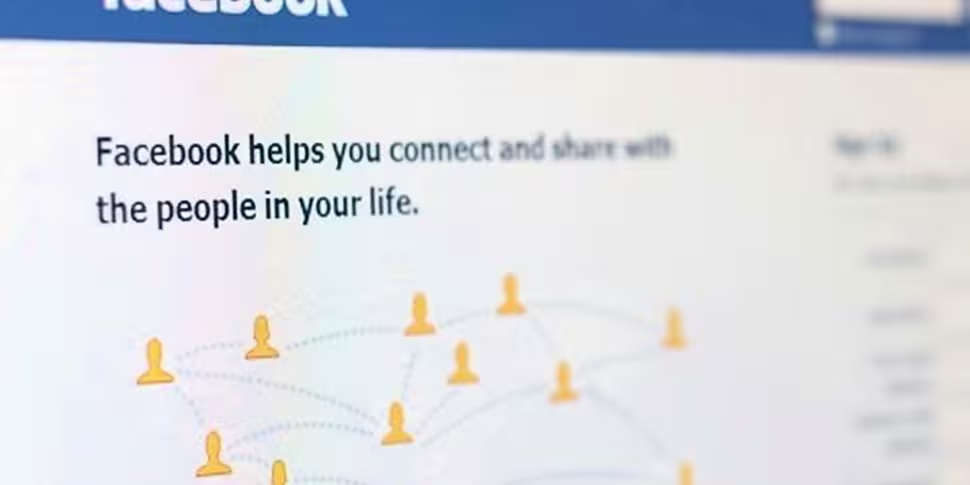For the first time ever researchers have conducted a study into the various ways in which Facebook has been involved in murder cases, and they have identified six ways in which the social network tends to be used by or influence killers.
Identifying 43 cases where Facebook was involved in a murder cases, between 2008 and 2013, Dr Elizabeth Yardley and Professor David Wilson - a former prison governor - were able to spot trends in how interactions and behaviours on the site would become part of an eventual murder case.
The Reactor: They described the most frequent type as "reactor", where the perpetrator of a killing reacts to information posted on Facebook by attacking the victim offline. This accounted for 27% of all murder cases involving Facebook.
In 2008, for example, Wayne Forrester killed his wife Emma in Croydon, after reading Facebook posts claiming they had split up and that she wanted to meet other men.
The Informer: The next most frequent category is "informer", which accounts for 22.9% of cases. Here, perpetrators used Facebook to tell their friend network about homicidal intentions or a murder they committed.
Last year, Colorado man Merrick McKoy stole his two-year-old daughter from his ex-partner.
He posted photographs and messages on the site, including the post: "I told u I can’t live without u lol u thought I was joking now me n Mia out this b****." He later shot his daughter, then himself.
The Antagonist: The next most common category was "antagonist", where hostile exchanges on the social networking site led to fatal face-to-face confrontations, accounting for 16.7%.
The Fantasist: This category of killer uses Facebook as a means of indulging in their fantasy. For these people the line between fantasy and reality has become blurred to a significant extent, so much so that the killer may use a murder as a way of keeping the deception going or preventing others from uncovering the lie.
Predator: At the basic level, the Predator operates in a similar way to the ‘Catfish’ persona, whereby someone creates a false profile and begins a relationship with someone online using this profile. Individuals matching this category description have been known to identify information on their victim’s profiles and then use this to exploit weaknesses in the hope of forming a relationship.
Imposter: The Imposter also creates a false profile, but can do so for different reasons. These include posing as the victim after the murder, or for monitoring the victim’s profile.
Despite their findings Dr Yardley does not believe social media is due blame in any way for the crimes, and that their presence in these cases Facebook "is no more to blame for these homicides than a knife is to blame for a stabbing."
However, the researchers concluded that the term "Facebook murder" was not a meaningful one, and could be harmful in understanding the complex and varied nature of killing.
They wrote: "The cases we identified were not collectively unique or unusual when compared with general trends and characteristics - certainly not to a degree that would necessitate the introduction of a new category of homicide or justify a broad label like Facebook Murder."
The researchers examined 1,000 reports of "Facebook murder" globally, based on media accounts of convictions for offences including murder, manslaughter and culpable homicide.
They also found that Facebook murders, compared with general murder trends, tend to disproportionately affect younger people, that women are over-represented as victims, that there was a higher proportion of murder-suicides, and that those involved came from a broader socio-economic range.
The researchers did not study any other social networks.
They also said that the appearance of Facebook in cases was "not particularly surprising" because "a close social relationship between victim and perpetrator is a well-established characteristic of this type of crime and such relationships are increasingly likely to be displayed and performed on (social networking sites)."
Dr Yardley told the Birmingham Mail: “We had been coming across references to ‘Facebook Murder’ in the media over the past few years but there had been no research in this area.
“We wanted to see whether homicides in which Facebook was reported to have been involved were any different to other homicides and found that on the whole they are not – victims knew their killers in most cases, and the crimes echoed what we already know about this type of crime.”
“Social networking sites like Facebook, have become part and parcel of our everyday lives and it’s important to stress that there is nothing inherently bad about them.
“Facebook is no more to blame for these homicides than a knife is to blame for a stabbing. It’s the intentions of the people using these tools that we need to focus upon," she said.









